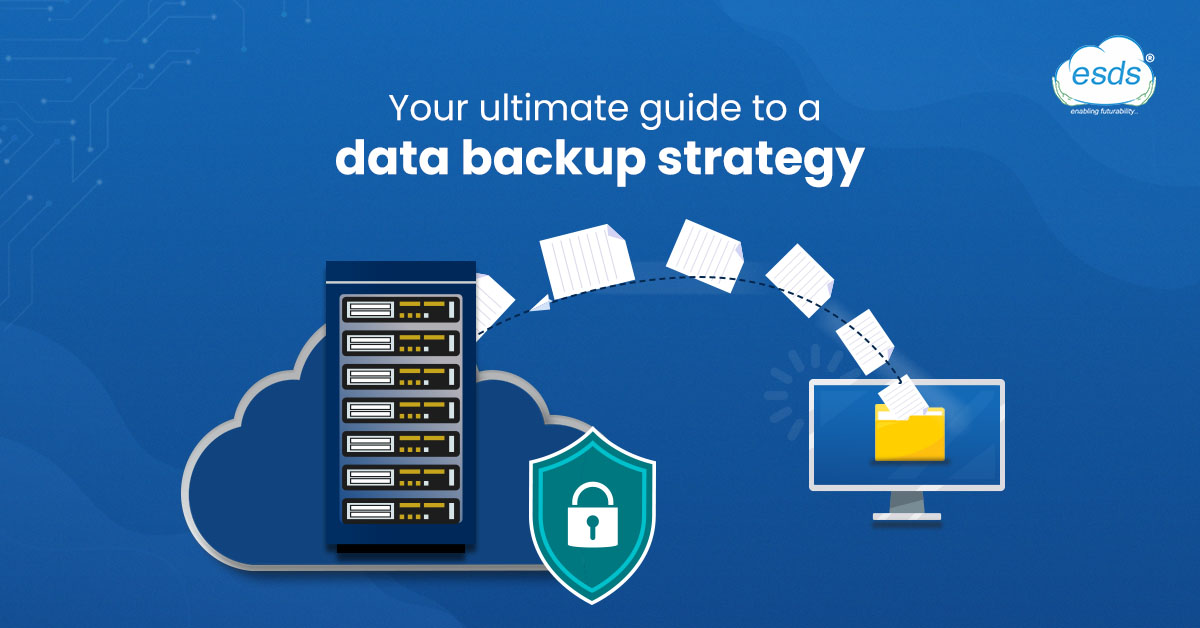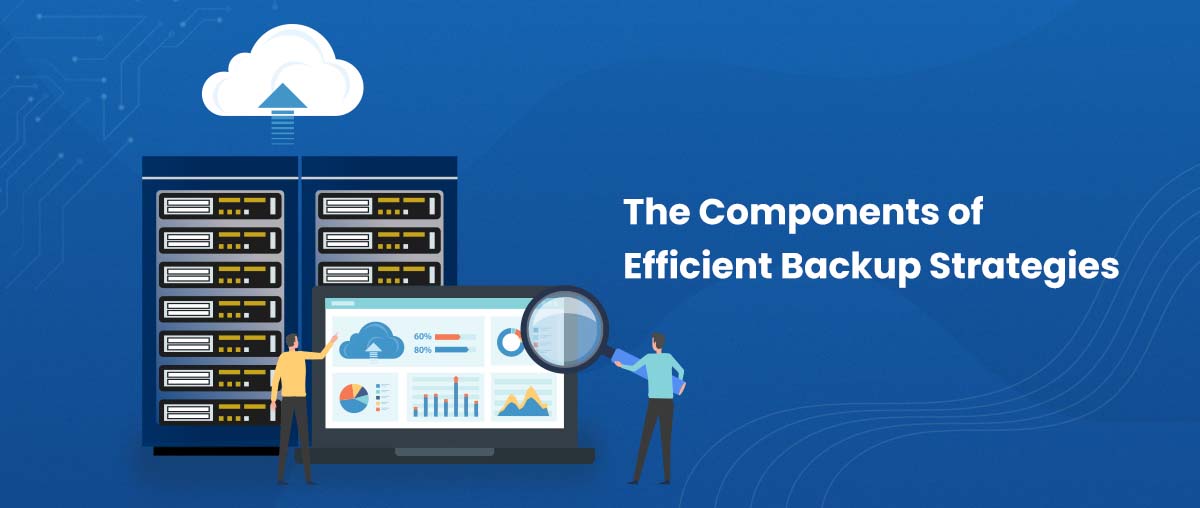Organizations shouldn’t take cybersecurity lightly. Anti-virus software alone is not adequate to protect your critical files. Hackers spend a lot of effort devising workarounds. They eventually will. Once that happens, you won’t have to worry about your data being lost forever if you have a backup strategy in place to protect the data for your business, of course.

Why Having a data Backup Strategy is critical?
Data loss could drastically harm your reputation in addition to endangering the information of your clients. In 2019, the average cost of a breach was $7,000,000. It is estimated that 60% of organizations that experience data loss closes their doors within six months.
You could also run the risk of permanently losing your data. Malware and viruses can damage your gadgets, but these are only some of the most frequent threats. Studies show that hardware problems cause 45% of all unplanned downtime and 60% of IT specialists think that careless employees are the biggest threat to their own data. All of these risks can dearly cost your company money, and if you don’t have a solid data backup strategy in place, you face the risk of losing everything.
Even if your company can recover from a data loss, it could be costly. Research has shown that the average cost for corporations to recover from a loss is $7 million. Many firms do not frequently have access to that amount of excess money. Despite how high they are; these costs only provide a partial picture. The additional cost could be something priceless. I’m talking about your clients’ faith and confidence in you. Customers will shop elsewhere if they believe their data is not secure with you. The solution is to develop and implement a data backup strategy. By using the right tools, being prepared, and becoming trained, you can secure your data.
The Components of Efficient Backup Strategies

Before your draught your data backup plan, be aware of what should be included.
Let’s look at some best practices for data backup strategies:
Cost – You’ll need a data backup method that is reasonably priced. It’s a wise idea to think creatively with money. Consider the possible expense of a breach or loss. Then, contrast it with the anticipated cost of your data backup plan. That will help you find your way.
Where should data backups be stored? Some organizations prefer cloud-based backup. A physical backup is preferred by some people. The most cautious companies have many fallback strategies. In the event that the first one fails, they have a data backup.

No comments:
Post a Comment